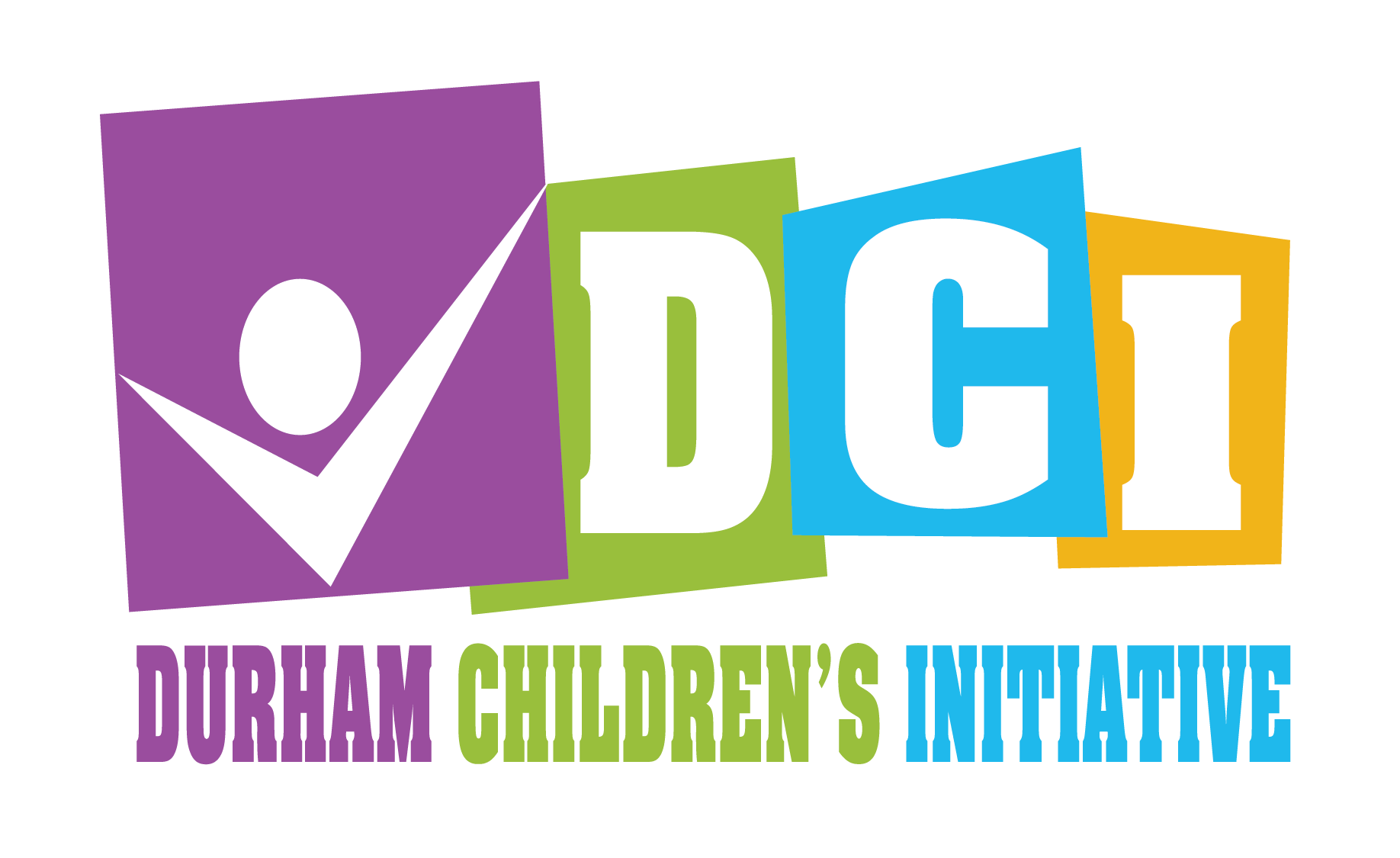Academic Coaching
When the COVID-19 pandemic began, DCI recognized the need to pivot by shifting all programming to a remote platform. After working with our families through the spring and summer of 2020 and gathering feedback from them through surveys, what we heard was clear: parents felt overwhelmed by the mountain of digital resources they needed to manage in order to keep their children actively engaged in school. DCI knew that adding extra digital platforms would only increase those feelings and began to explore ways to best support both the learning happening in remote classrooms and the parents/caretakers’ need to learn everything that their student was and manage their own workload simultaneously. DCI built the Academic Coaching Program to meet this need. Thanks to Academic Coaching, each scholar now has a person assigned to them with a specific purpose – helping them be more successful at school.
The Academic Coaching Program was built on a single premise: Increased accountability through a relationship with a caring and knowledgeable adult. Each coach meets with their scholars individually for 1-2 hours weekly. This time is spent helping the scholar remain organized and up-to-date on assignment completion, homework help, tutoring where needed, feedback on written work, and overall connection to school. Our scholars now have a trusted person monitoring their academic performance and overall well-being while supporting them all along the way.
DCI was fortunate to hire such high-quality Academic Coaches for this program. We were able to hire 9 coaches, each with a caseload of 10 scholars. Our coaches come from a wealth of experiences -some are classroom teachers, some are educational program coordinators, and all have worked with children or youth in some capacity throughout their careers.
We tracked grades throughout each quarter (with the start of coaching coinciding with the start of the second quarter) of the current school year and compared those to first quarter grades (before coaching). We saw increases in both classes passing (+34%) and A/B grades (+46%) and a decrease in the amount of D/F grades (-45%) on average across the entire group of 100 scholars. This initial data is encouraging and we believe that it provides evidence that coaching is accomplishing what it set out to do – increase accountability through relationships.
This program has been one of our most positive takeaways from a challenging year. We believe this model will still prove effective when our scholars return to in-person learning, based on the same premise that an additional layer of accountability and support can be a difference maker for our youth. We currently have 95 scholars in grades K-12 connected to an Academic Coach and are excited to look toward another school year with the hope to grow the program, while keeping true to our small ratio of 1 coach for every 10 scholars.
